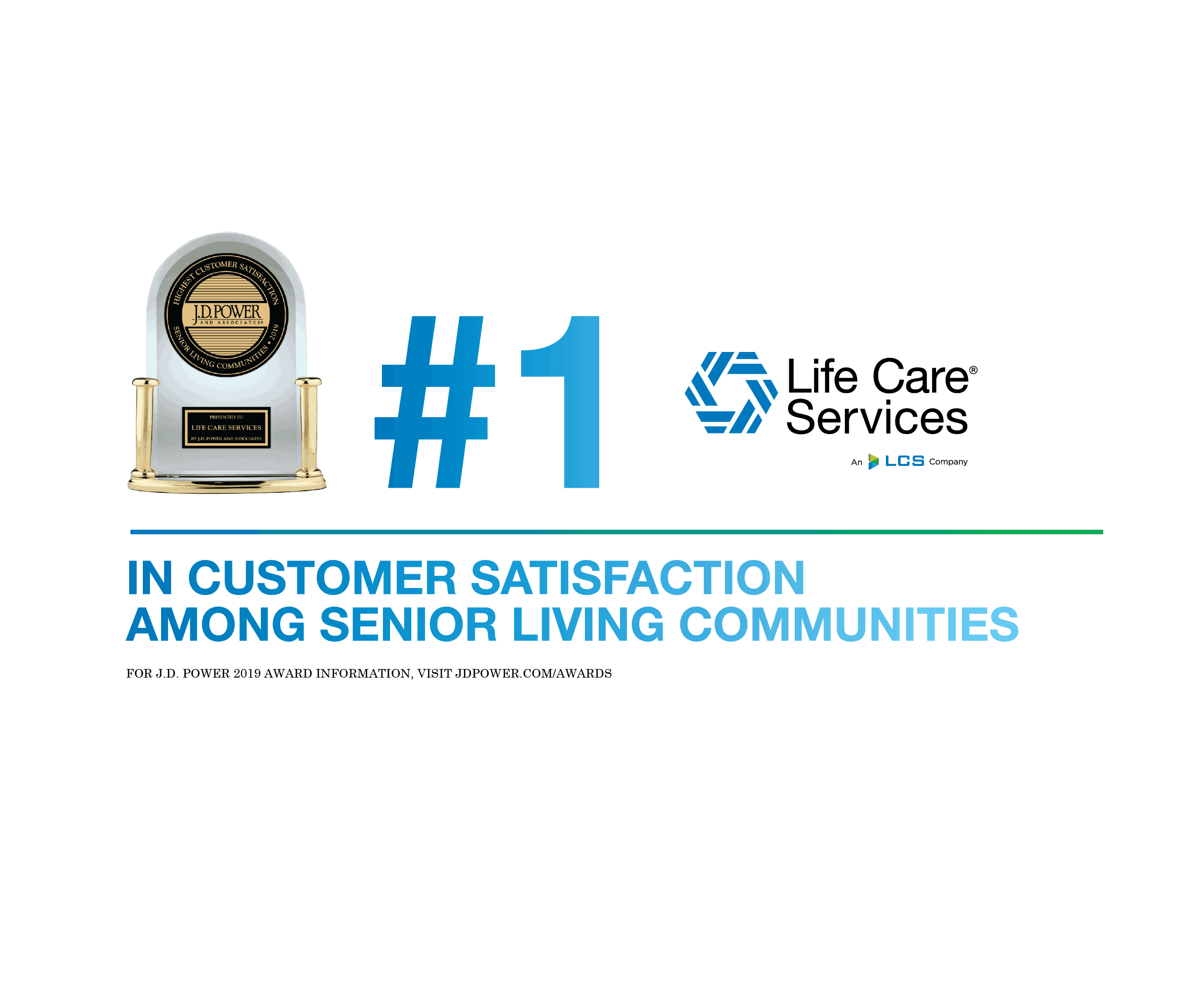How to Make a Smooth Transition to Memory Care

Many families can manage the needs of their loved one with dementia for a time. But, as those needs change or memory declines, it’s likely your loved one will need access to 24/7 care. While the choice to transition to memory care comes with mixed emotions, it’s often the best choice for his or her future needs.
You’ve done your research and chosen the right location. Now, it’s time to make the move as positive as possible. During this transition to memory care, it often helps to focus on practical things you can do throughout the process.
4 Tips for the Transition to Memory Care
Above all, know that every person is unique and handles change in their own way. Your loved one may have different emotions and reactions than you expect. And that’s OK. With a little patience, support, and preparation, you can help your loved one have a successful transition to memory care. Use these four tips to help ease your stress, as well as the stress of your loved one.
1. Connect with trusted healthcare providers
One great way to make a smooth transition is to help your loved one be a part of the decision process. While your opinion is important, some seniors may want to hear the guidance of a trusted health provider. The transition to memory care may be smoother if it’s suggested by your loved one’s doctor, not just you.
Let your loved one’s doctor or other healthcare providers be involved in the conversation. The transition to memory care may seem big to you and your loved one. But these providers often have years of experience helping guide seniors to the right care.
2. Do your research and plan ahead
When you’ve done your research, it can help you feel more confident in your choice. And that in turn can help ease any worries. Get more information about the community’s programs. Ask to do a virtual walkthrough. Don’t be afraid to ask staff additional questions.
In the weeks before the move, make a plan for packing. Taking on most of the packing and planning yourself can reduce stress for your loved one. Sort through items for your loved one and focus on choosing the most important pieces. The Family Caregiver Alliance suggests using this time to acknowledge feelings of loss and reassure your loved one about his or her new home. Many families also find it helpful to use a floor plan to guide what furniture to keep.
3. Set the right expectations
Often, your loved one will need extra time and support in these first few months. Expect for this transition to be one of your main focuses. This means setting expectations about time off from work, household tasks, or caring for kids. Make sure you have a support system in place when you need someone to lean on.
As with any big change, some days will be better than others. It’s normal to feel overwhelmed. But eventually, you’ll both settle into your new routine. As your loved one connects with his or her new community, your peace of mind and confidence will grow too.
4. Help your loved one find independence
You want to support your loved one through each step of the transition to memory care. However, you have to balance this with giving your loved one time on his or her own. Encourage your loved one to get to know new people or try new activities. These connections are essential to helping him or her feel at home.
In the end, settling into memory care takes time. The Alzheimer’s Association says it’s very common to have feelings of guilt or doubt at first. However, when you’re giving your loved one the right care, that’s a decision you can feel confident about. Take it slow and focus on this goal. Day by day, it will get better.
Signature Pointe Can Help You Make a Smooth Transition to Memory Care
Our highly trained staff specializes in enriching the lives of our memory care residents. We get to know each resident and family personally so that we can help you have a successful transition to our memory care community. To schedule a virtual tour or learn more, contact Signature Pointe today.




